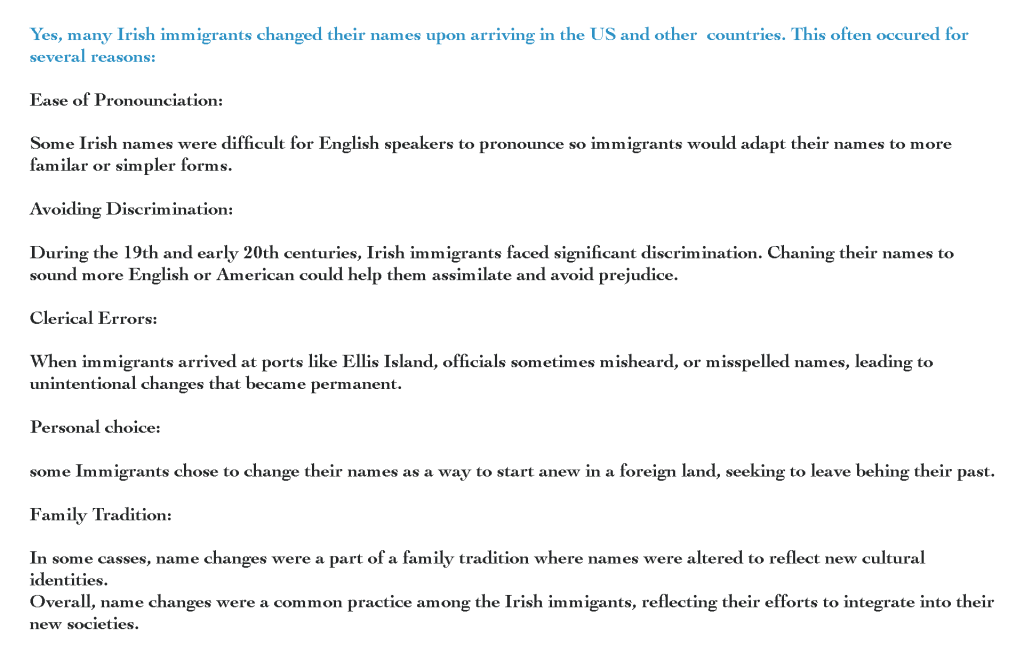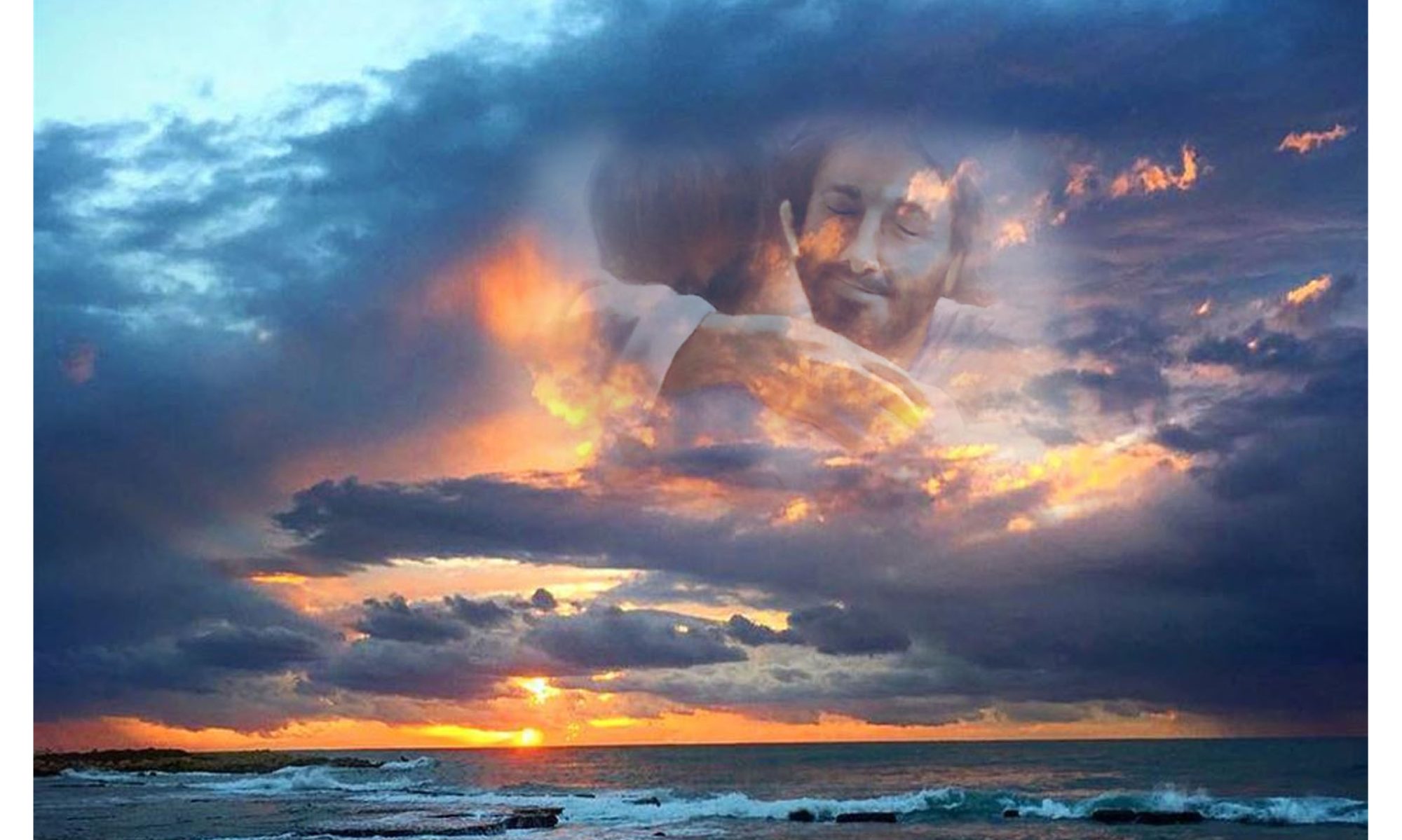St. Patricks Day Special
I have been working on genealogy off and on for many years.
I have been blessed with the opportunity to serve in a part time mission working virtually with the Church of Jesus Christ of Latter Day Saints where I am learning so much about history and the way people migrated to the United States.
Since St Patricks day is aproaching, I would like to share some of what I have learned…….
Many common names now have an Irish/Scotch immigration origin . Eg. O'Riely, McDougal, MacGyver, etc......
Did Irish Immigrants change their names?

